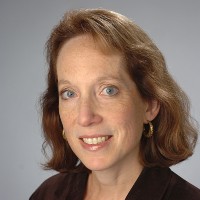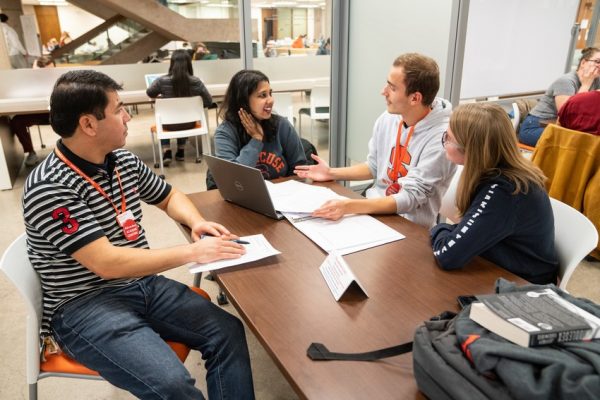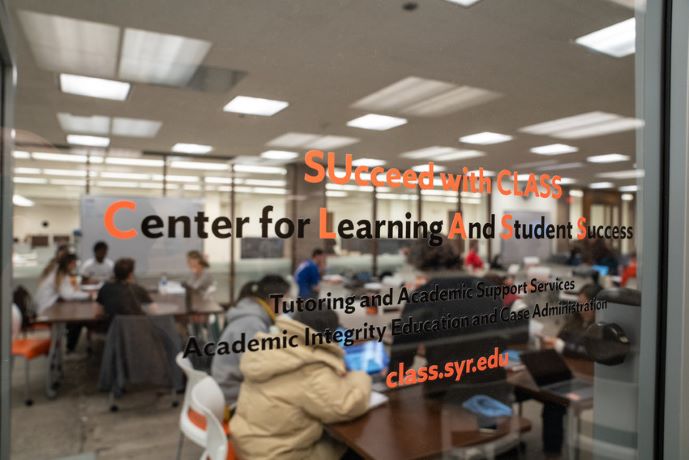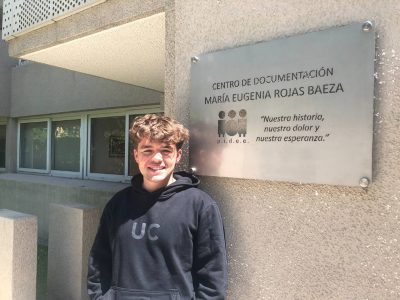CLASS Peer-to-Peer Learning Strategies Project Receives NSF Grant to Extend Training, Research
The Center for Learning and Student Success (CLASS) has received a National Science Foundation grant of $240,000 to expand a peer-to-peer academic coaching program that acquaints students with effective learning strategies and helps them adopt those tactics in their STEM and other classes.
The grant for “Coaching to Learn: A Peer-to-Peer Intervention to Help College Students Apply and Transfer Effective Learning Strategies Across STEM Courses” builds on the center’s pilot work of the past three years and adds an expanded research component to measure outcomes.

The principal investigator is Margaret L. Usdansky, founder of CLASS, research associate professor of human development and family science in the David B. Falk College of Sport and Human Dynamics and interim director of the Center for Teaching and Learning Excellence. Co-investigators are Rachel Razza, associate professor and department chair of human development family science in the Falk College; John Tillotson, associate professor of STEM education, director of the graduate program in college science teaching and chair of the Department of Science Teaching in the College of Arts and Sciences; and Leonard Lopoo, professor of public administration and international affairs and Paul Volcker chair in behavioral economics at the Maxwell School of Citizenship and Public Affairs.
The NSF awarded a related grant of $40,000 to project partners at the Center for Integrative Research on Cognition, Learning, and Education at Washington University to assist with research aspects. Mark McDaniel, professor and director of that program, says the project is innovative and exciting. “It provides a model for how to effectively implement and integrate a large-scale learning strategy training program into high-enrollment core college courses. I believe that a significant shortcoming in our educational system is that it focuses students on what to learn but provides students with little to no guidance on how to learn. This project addresses this critical gap. Advances could be substantial for student achievement and may help stimulate positive changes in educational policy.”
Not Instinctive
People assume that learning is natural and instinctive, and that everyone ought to know how to do it, yet cognitive science research shows that is not the reality, Usdansky says. “Our feelings about learning really lead us in the wrong direction because we tend to confuse how we feel when we try to learn something with whether we are actually learning it,” she says.
The common experience of feeling that you have performed well on an exam only to receive back lower-than-expected results illustrates that issue. “There are particular ways people need to learn that are not hard or mysterious, but just aren’t well known. We typically don’t teach them; many students and instructors are not familiar with them; they are not intuitive. They take effort, but the fact that learning takes effort is the key,” says Usdansky.
Many college students rely on rereading, highlighting material and reviewing problem solutions as study tactics, but these are weak learning strategies, Usdansky says. Even when students spend considerable time on those activities they may experience disappointing results, and that can lead to feelings of discouragement. For students transitioning to the heightened demands of college coursework, that sense can become a genuine problem if it makes them question their suitability for STEM learning or for college altogether.

In the Coaching to Learn program, students are trained in more effective learning techniques such as retrieval, spacing, interleaving and explanatory questioning—processes that have been shown to improve outcomes in STEM courses. They are also trained to tap into long-term memory and its greater storage and recall capacities by connecting new knowledge to things they already know.
Coaching Helps
New tactics alone aren’t all that’s needed, says Usdansky. “It’s important to know what effective strategies are, but it’s also important to develop the confidence and competence to incorporate them as regular study habits. That’s what the coaching element is designed to do.”
In the pilot phase of the program, selected sections of Calculus 1 students were randomly assigned to online or in-person coaching. Online coaching introduces students to effective study strategies and offers tips for using them. In-person coaching adds the element of support from trained peer coaches, who field questions and offer ideas on strategies to use.
The new funding will expand the intervention to additional Calculus 1 cohorts and will follow student outcomes to gauge quantitative and qualitative results of the training program over four semesters.
Conducting research of student progress while they are embedded in and progressing in a class is unique, and it represents the enthusiastic collaboration between the learning center and the math department, says Usdansky. “This is a highly collaborative project that says a lot about our math department. It’s pretty remarkable how invested they are in trying to improve results for Calculus 1, which is historically a very challenging course for many students.”
The new study skills will benefit students well beyond one course or even a whole college career because they are transferrable for any type of learning, such as job training or taking up a new hobby or activity.


